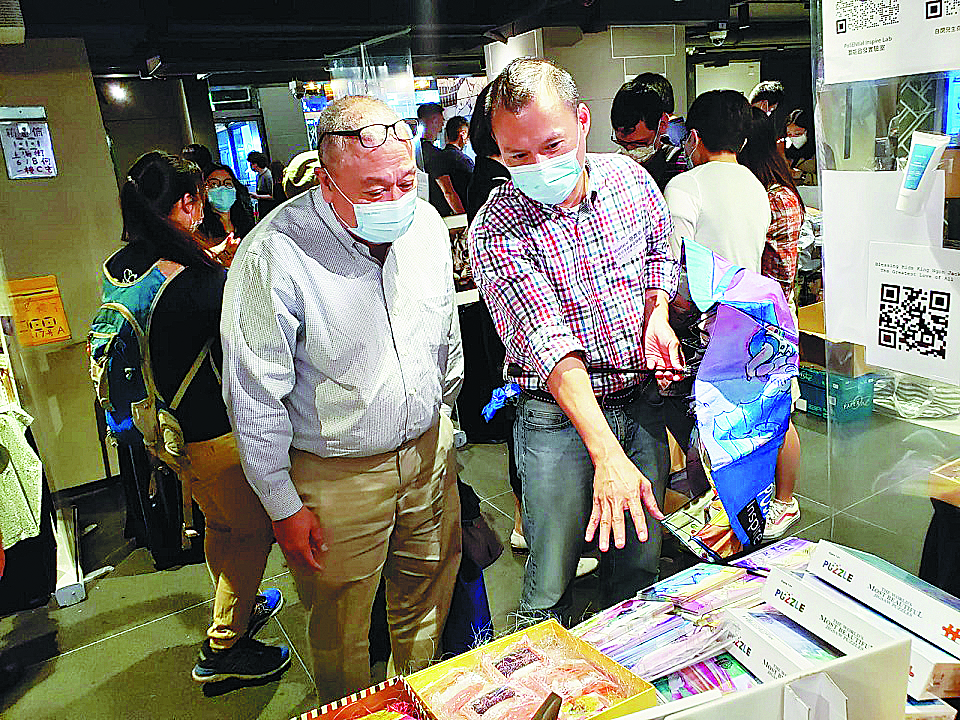New education opportunities bring fresh hope


Job prospects of young people with SEN have been hit hard by the COVID-19 epidemic. Oasis Hu reports from Hong Kong.
Joshua Lau, a 20-year-old with autism and mild intellectual disability, has done well among his peers by receiving two job offers from local bakeries.
In the days before the COVID-19 epidemic, that was not a big deal, but after living in the shadow of the disease for two years, it is considered a big achievement for Lau.
That's because four in every five young people in Hong Kong with special education needs cannot find jobs as a result of the sluggish economy and insufficient vocational training caused by the epidemic.
The secret to Lau's success was a decision made by his father Wallace Lau, who opted to send his son on a new program for SEN students at the Education University of Hong Kong in 2019.
Joshua Lau joined the university from a vocational training center, becoming one of the more than 40 SEN students who comprised the first batch of such people to study together at the college.
The father wanted his son to study more than just vocational skills-things such as liberal education, cutting-edge knowledge and interpersonal skills, just like his nondisabled peers.
The effect quickly became obvious. After just a few months, the young man's abilities had clearly improved on all fronts: he was better at expressing himself; was more outgoing, focused and creative; and more willing to interact with other people.
Most of the changes were attributable to his eventful college life.
For the ecology course, Joshua Lau visited a private farm to learn the names of plants. Meanwhile, he learned to compose via computer software in the music course, appreciating the creation of art and beauty. In the career-planning class, he listened to outstanding SEN students who had been invited to give confidence-building speeches.
In his spare time, he played the piano, painted and took part in ice-skating competitions and volunteer activities.
He also made friends, which was hard to do at the vocational center.
In the university's cafeteria, he helped a visually impaired classmate by keeping him close, helping carry his lunch tray, providing assistance when he ordered food, and finding seats.
In the eyes of Wallace Lau, the epidemic has left an indelible mark on SEN students, especially on those who began their three years of training in 2020, because their career prospects have been severely hit.


















